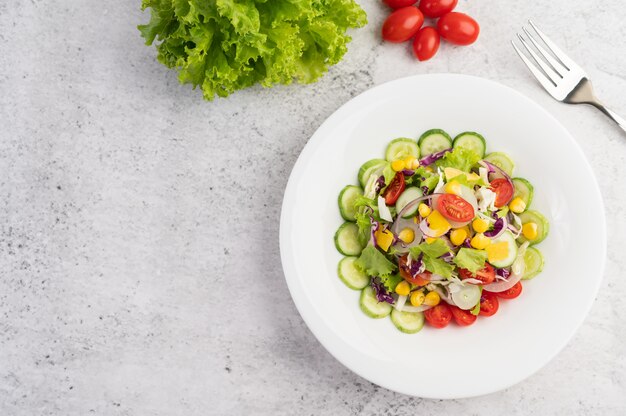Food vlogging has become a popular trend in recent years, with many people sharing their culinary creations and experiences online. However, a recent video by a Chinese food vlogger has sparked controversy and backlash, leading to penalties and calls for greater awareness of the impact of food choices on the environment.
The video in question features a Chinese food vlogger cooking and eating great white shark meat, a highly controversial and endangered species. The video has been widely criticized for promoting the consumption of an endangered species and for contributing to the decline of shark populations around the world.
In response to the backlash, the Chinese government has imposed penalties on the vlogger, including a fine and a suspension of their social media accounts. The incident has also sparked a wider conversation about the impact of food choices on the environment and the need for greater awareness of the importance of sustainable food practices.
Sharks are a vital part of the ocean ecosystem, playing a crucial role in maintaining the balance of marine life. However, shark populations around the world are declining at an alarming rate, due in large part to overfishing and the demand for shark fins and meat.
The consumption of endangered species such as great white sharks not only contributes to the decline of these populations, but also has wider implications for the health of the ocean ecosystem as a whole. When key species such as sharks are removed from the ecosystem, it can have a ripple effect on other species and disrupt the delicate balance of marine life.
In addition to the impact on the environment, the consumption of endangered species also raises ethical concerns. Many people believe that it is wrong to consume animals that are endangered or at risk of extinction, and that we have a responsibility to protect these species for future generations.
The incident involving the Chinese food vlogger highlights the need for greater awareness of the impact of food choices on the environment and the importance of sustainable food practices. By choosing to consume foods that are sustainably sourced and produced, we can help to reduce the impact of our food choices on the environment and support the health of the planet.
There are many ways that we can make more sustainable food choices. Here are some tips to help you get started:
1. Choose sustainably sourced seafood. Look for seafood that is certified by organizations such as the Marine Stewardship Council, which ensures that the seafood is sourced from sustainable fisheries.
2. Eat a plant-based diet. Plant-based diets have been shown to have a lower environmental impact than diets that include meat and dairy. Try incorporating more fruits, vegetables, whole grains, and legumes into your diet.
3. Buy local and seasonal produce. Buying produce that is in season and grown locally can help to reduce the environmental impact of transportation and support local farmers.
4. Reduce food waste. Food waste is a major contributor to greenhouse gas emissions. Try to plan meals ahead of time, use leftovers, and compost food scraps to reduce your food waste.
5. Support sustainable agriculture. Look for foods that are produced using sustainable farming practices, such as organic or regenerative agriculture.
By making more sustainable food choices, we can help to protect the environment and support the health of the planet. The incident involving the Chinese food vlogger serves as a reminder of the importance of being mindful of the impact of our food choices and the need for greater awareness of sustainable food practices.










